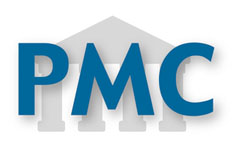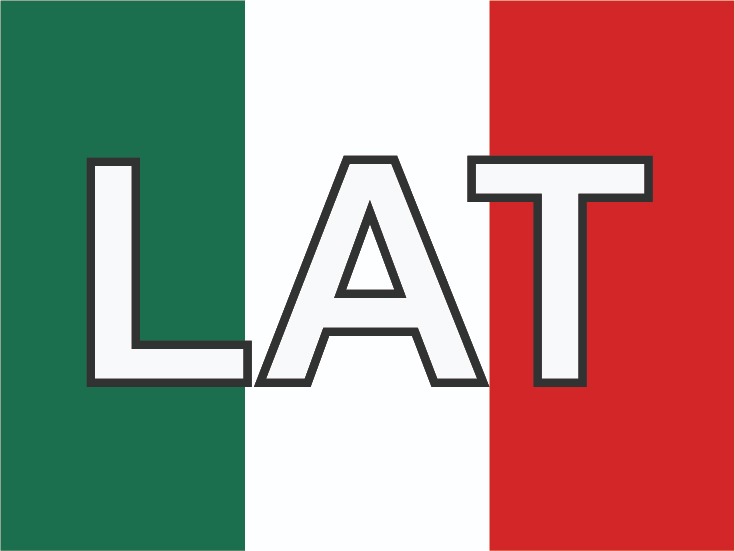Caffeine modifies blood glucose availability during prolonged low-intensity exercise in individuals with type-2 diabetes
Abstract
Objective: The study investigated the effect of supplementation with maltodextrin (CHO) alone or associated to caffeine during exercise in T2DM subjects.
Methods: Pilot study, using Eight subjects with T2DM, aged 55±10 years, received CHO (1g/kg) or caffeine (1.5 mg/kg) alone or associated before exercise protocol. The exercise was executed at 40% heart rate (HR) reserve for 40 min, with 10-min recovery. Blood pressure (BP) and perceived exertion scale (Borg) were checked every 2 min. Blood glucose (BG) was checked every 10 min. For statistical analysis, ANOVA test was used and the value was considered statistically significant at p <0.05.
Results: The results showed that BP and HR did not change significantly among all treatments. Caffeine promoted a significant reduction in BG of 75 mg/dL (65%, p <0.05) during 40 min of exercise protocol compared to all groups.
Conclusion: Supplementation with 1.5 mg/kg of caffeine reduces BG concentration during prolonged exercise in T2DM patients.
Authors
Downloads
Keywords
- Diabetes mellitus
- caffeine
- supplementary feeding
- exercise
References
World Health Organization . Diabetes. Descriptive data 312. 2009.
Monnier L, Lapinski H, Colette C. Contributions of fasting and postprandial plasma glucose increments to the overall diurnal Hyperglycemia of patients with T2DM: variations with increasing levels of HbA(1c) Diabetes Care. 2003; 3: 881–5.
O’Dea K, Snow P, Nestel P. Rate of starch hydrolysis in vitro as a predictor of metabolic responses to complex carbohydrate in vivo. Am J Clin Nutr. 1981; 34: 1991–3.
Wolever TM, Yang M, Zeng XY, Atkinson F, Brand-Miller JC. Food glycemic index, as given in glycemic index tables, is a significant determinant of glycemic responses elicited by composite breakfast meals. Am J Clin Nutr. 2006;83:1306–1312.
Voss AC, Maki KC, Garvey T, Hustead DS, Alish C, Fix B, et al. Effect of two carbohydrate-modified tube-feeding formulas on metabolic responses in patients with type 2 diabetes. Nutrition. 2008; 24: 990–7.
Coggan AR, Coyle EF. Reversal of fatigue during prolonged exercise by carbohydrate infusion or ingestion. J Appl Physiol. 1987; 63: 2388–95.
Coyle EF, Coggan AR, Hemmert MK, Ivy JL. Muscle glycogen utilization during prolonged strenuous exercise when fed carbohydrate. J Appl Physiol. 1986; 61: 165–72.
Ruffo AM, Osiecki R, Fernandes LC, Felipe CS, Osiecki AC, Malfatti CRM. Moderate to high dose of maltodextrin before exercise improves glycogen availability in soleus and liver after prolonged swimming in rats. JEPonline. 2009; 12: 30–8.
Graham TE. The possible actions of methylxanthines on various tissues. Clin Pharmacol Sport Exerc. 1997:257–267.
Paluska SA. Caffeine and exercise. Curr Sports Med Rep. 2003; 2: 213–9.
American Diabetes Association Diagnosis and classification of diabetes mellitus. Diabetes Care. 2010; 33(1): s62–9.
Kline GM, Porcari JP, Hintermeister R. Estimation of VO2max from a one-mile track walk, gender, age, and body weight. Med Sci Sports Exerc. 1987; 19: 253–9.
Jackson AS, Pollock ML, Graves JE, Mahar MT. Reliability and validity of bioelectrical impedance in determining body composition. J Appl Physiol. 1998; 64: 529–34.
Siri WE. Body composition from fluid spaces and density. Washington DC: National Academy of Science; 1961.
Borg G, Noble BJ. Psycophysical bases of perceived exertion. Med Sci Sport Exerc. 1982;14:377–381.
Huskisson EC. Measurement of pain. Lancet.1974;2:1127–31.
American Diabetes Association. Physical Activity/Exercise and Diabetes Mellitus. Diabetes Care. 2006; 29: 1433–8.
Keijzers GB, De Galan BE, Tack CJ, Smits P. Caffeine can decrease insulin sensitivity in humans. Diabetes Care. 2002; 25: 364–9.
Salazar-Martinez E, Willett WC, Ascherio A, Manson JE, Leitzmann MF, Stampfer MJ, et al. Coffee consumption and risk for type 2 diabetes mellitus. Ann Intern Med. 2004; 140: 1–8.
Park S, Jang JS, Hong SM. Long-term consumption of caffeine improves glucose homeostasis by enhancing insulinotropic action through islet insulin/insulin-like growth factor 1 signaling in diabetic rats. Metab Clin Exp. 2007; 56: 599–607.
Bruton JD, Lemmens R, Shi CL, Persson-Sjögren S, Westerblad H, Ahmed M. Ryanodine receptors of pancreatic beta-cells mediate a distinct context-dependent signal for insulin secretion. FASEB J. 2003; 17: 301–3.
Park S, Scheffler TL, Gunawan AM, Shi H, Zeng C, Hannon KM, et al. Chronic elevated calcium blocks AMPK-induced GLUT-4 expression in skeletal muscle. Am J Physiol Cell Physiol. 2009; 296(1): c106–15.
Yasuda N, Inoue T, Horizoe T, Nagata K, Minami H, Kawata T, et al. Functional characterization of the adenosine receptor contributing to glycogenolysis and gluconeogenesis in rat hepatocytes. Eur J Pharmacol. 2003; 459: 159–66.
Greenberg JA, Owen DR, Geliebter A. Decaffeinated coffee and glucose metabolism in young men. Diabetes Care. 2010; 33: 278–80.
Chu Y-F, Chen Y, Black RM, Brown PH, Lyle BJ, Liu RH, et al. Type 2 diabetes-related bioactivities of coffee: Assessment of antioxidant activity, NF-kB inhibition, and stimulation of glucose uptake. Food Chemistry. 2011; 124(3): 914–20.
American College of Sports Medicine Exercise and Type 2 diabetes. Med Sci Sport Exerc. 2010; 42: 2282–303.
Van Nieuwenhoven MA, Brummer RM, Brouns F. Gastrointestinal function during exercise: comparison of water, sports drink, and sports drink with caffeine. J Appl Physiol. 2000; 89: 1079–85.
Yeo SE, Jentjens RLPG, Wallis GA, Jeukendrup AE. Caffeine increases exogenous carbohydrate oxidation during exercise. J Appl Physiol. 2005; 99: 844–50.
Conde SV, Nunes da Silva T, Gonzalez C, Mota Carmo M, Monteiro EC, Guarino MP. Chronic caffeine intake decreases circulating catecholamines and prevents diet-induced insulin resistance and hypertension in rats. Br J Nut. 2012; 107(1): 86–95.
Noordzij M, Uiterwaal CS, Arends LR, Kok FJ, Grobbee DE, Geleijns JM. Blood pressure response to chronic intake of coffee and caffeine: a meta-analysis of randomized controlled trials. J Hypertens. 2005; 23(5): 921–8.
Nurminen ML, Niittynen L, Korpela R, Vapaatalo H. Coffee, caffeine and blood pressure: a critical review. Eur J Clin Nutr. 1999; 53(11): 831–9.
The copy rights of the articles published in Colombia Médica belong to the Universidad del Valle. The contents of the articles that appear in the Journal are exclusively the responsibility of the authors and do not necessarily reflect the opinions of the Editorial Committee of the Journal. It is allowed to reproduce the material published in Colombia Médica without prior authorization for non-commercial use




















